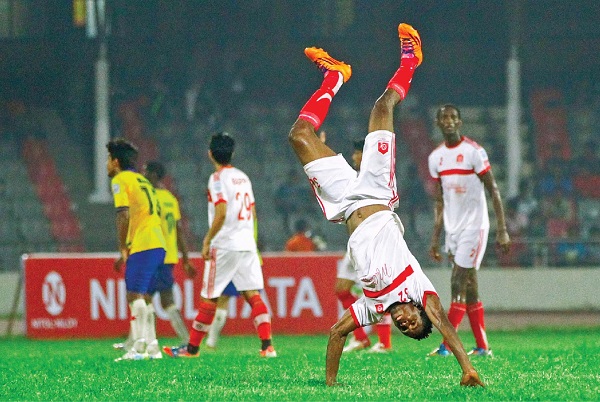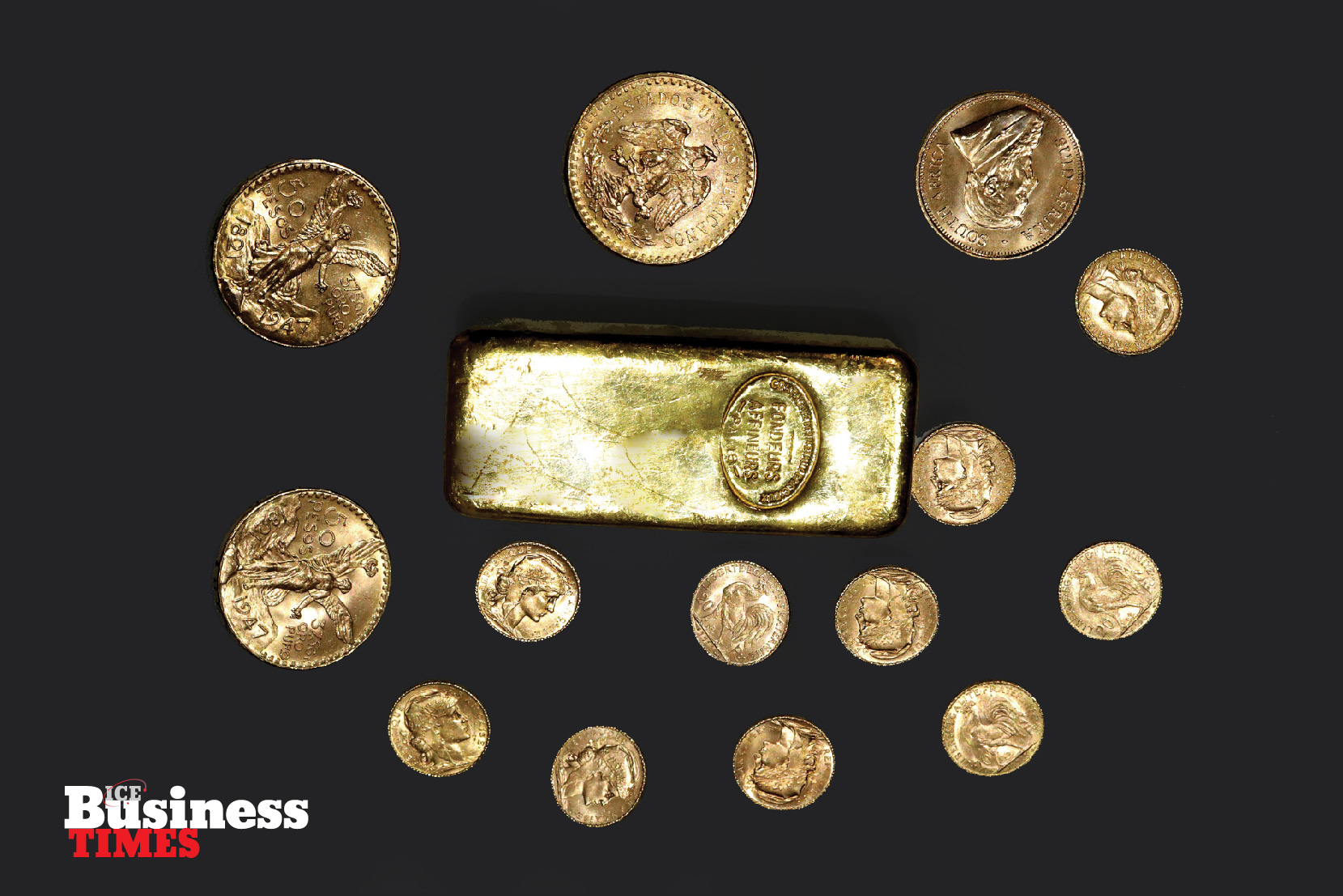By Mohammad Asaduzzaman Shaon
Sometimes I wish I had a time traveling machine. I would like to go back to the 90s where football was the most popular sport in the country. Now, the popularity of this sport has been replaced by cricket. Bangladesh is probably the only country where the worldwide phenomenon has become unpopular.#1 People are crazy about cricket now just like they were in the 90s for football.
Now the million dollar question is: “Is it the quality of footballers that led the game to this unpopularity?” Or were the quality of footballers higher in the 80s or 90s? I talked to many and they pointed out ‘the quality’ part only. Quality is the most vital factor to regain and maintain the popularity. But ‘quality’ is the outcome, not the ingredient. To ensure the quality, some key factors need to be generated. Inherent economics of the game must be in consideration from the policy perspective to reach par to efficiency point.
There is, however, not disagreeing that in Bangladesh, football is more popular as a game than cricket. We can see its banner or manifestation during the FIFA World Cup when fans decorate buildings with the flags of their favorite teams. But unlike cricket, football has never been able to interpret this following into something concrete.
But where is Bangladesh football heading? It has reached such a rock bottom stage that it cannot even compete strongly at the SAARC level. The situation is so dismal that even Nepal and the Maldives are proving to be difficult opposition for Bangladesh. Nevertheless, if one were to observe the dynamics of football in England, they would see that the quality of players is not by the standards of which they are marketing and selling themselves. In order to achieve popularity, the quality of selling is important no matter the quality of football exists or needs time. England’s lower-ranked teams are worse than their equivalents in Spain and Germany too. Yet as the standard of English football has plummeted, it has only become richer. Why is such a mediocre bunch so popular?
In this case, the rule of thumb is that if you sell something that will lead to popularity which ultimately leads to the quality of football. Regaining the glory of football now needs good selling points. These selling points must be ensured through media coverage and telecasting the matches, at least rival matches; in these regards, time zones are very important. For example in case of the English Premier League (EPL), being in a European time-zone means that early risers in the Americas and night owls in Asia can tune in to matches. Something that England makes easier with its afternoon kickoffs, which are handier for Asian fans than Spain’s evening fixtures.

One is the days when Salahuddin or even Sabbir, Munna, Rupu, Aslam used to entertain the capacity crowd at the national stadium. The rivalry between Abahani and Mohammedan drew the attention of millions of fans across the country and around the globe too. Do you really think the quality of football at that time was up to the mark? Do you really think that our access to the European League is the cause for the diminishing popularity of national football? If this is true, the English Premier League cannot be a top-watched league in spite of the fact that England has not been dominating in world football for ages.
How can it regain popularity? If you visit any fast food outlet or juice bar, you will find plenty of side menu/add-ons with the main menu. This is basically to ensure maximization of profit or at least minimization of loss, something we can call it a point (from an economics perspective) where no one (seller and buyer) thinks that they lose. So everybody is happy. The satisfaction level is at such a point where it is at its peak. In today’s football arena, you have to ensure a sub-menu or add-on with the main menu (where the main menu is “football and matches”). For example, Bangladesh needs to brand and market itself similar to the English Premier League. They need huge branding through media coverage and advertisements, official online lottery and mega prizes on the prediction of match results, prize and media coverage for the most zealous stadium regulars, online match strategy game like fantasy football to ensure people are enthusiastic about the sport even on non-match day, home and away point distribution no matter where the match is played. And finally, rumors on transfer (mind it, rumor is not false news, rather it is blending of truth and predictions).
Once the brand value is seen, players, fans, owners, celebrities, top business and corporate houses will instinctively become engaged in football. The rise in quality will subsequently ensue. Eventually, the industry will come to a point where no one thinks that they are at a loss.















